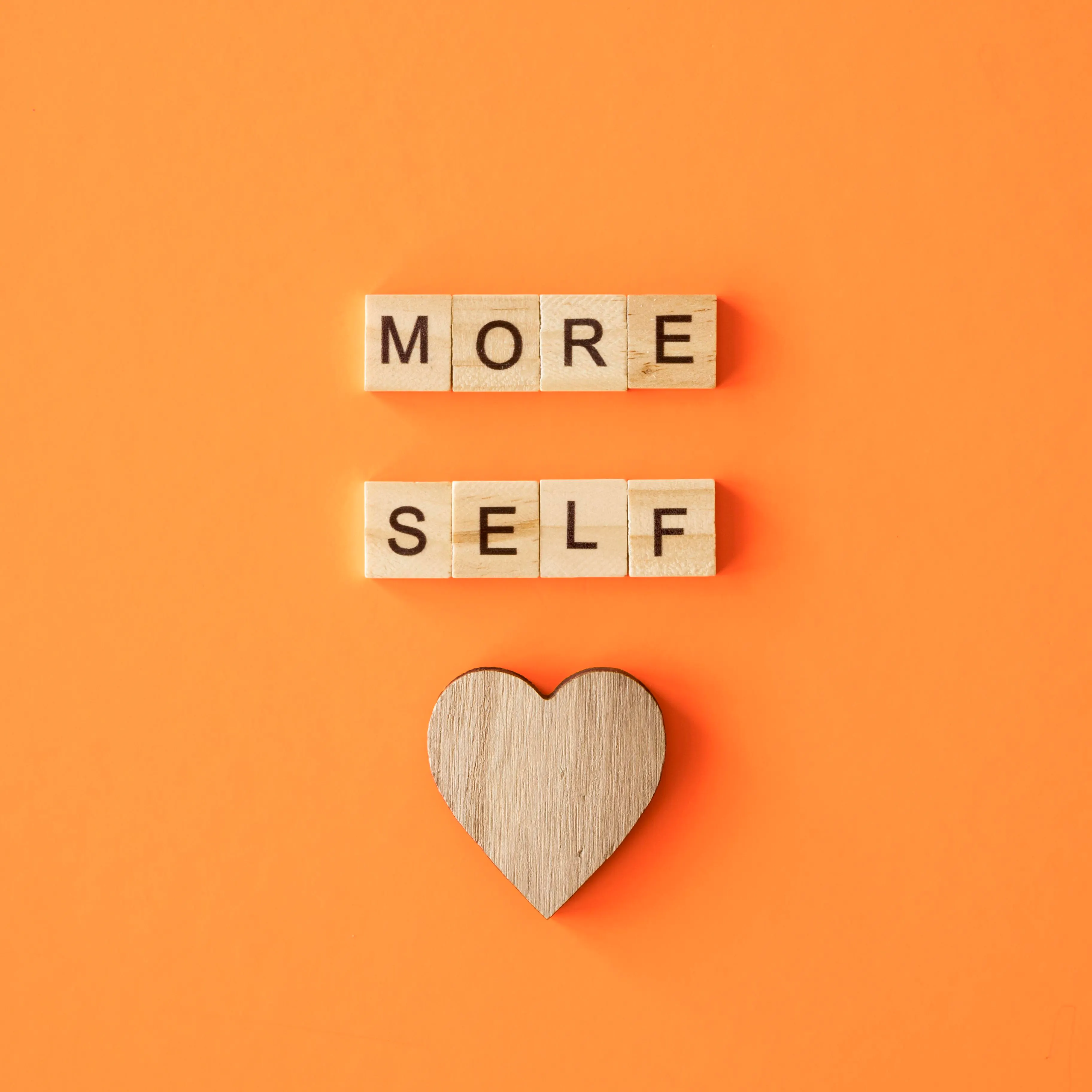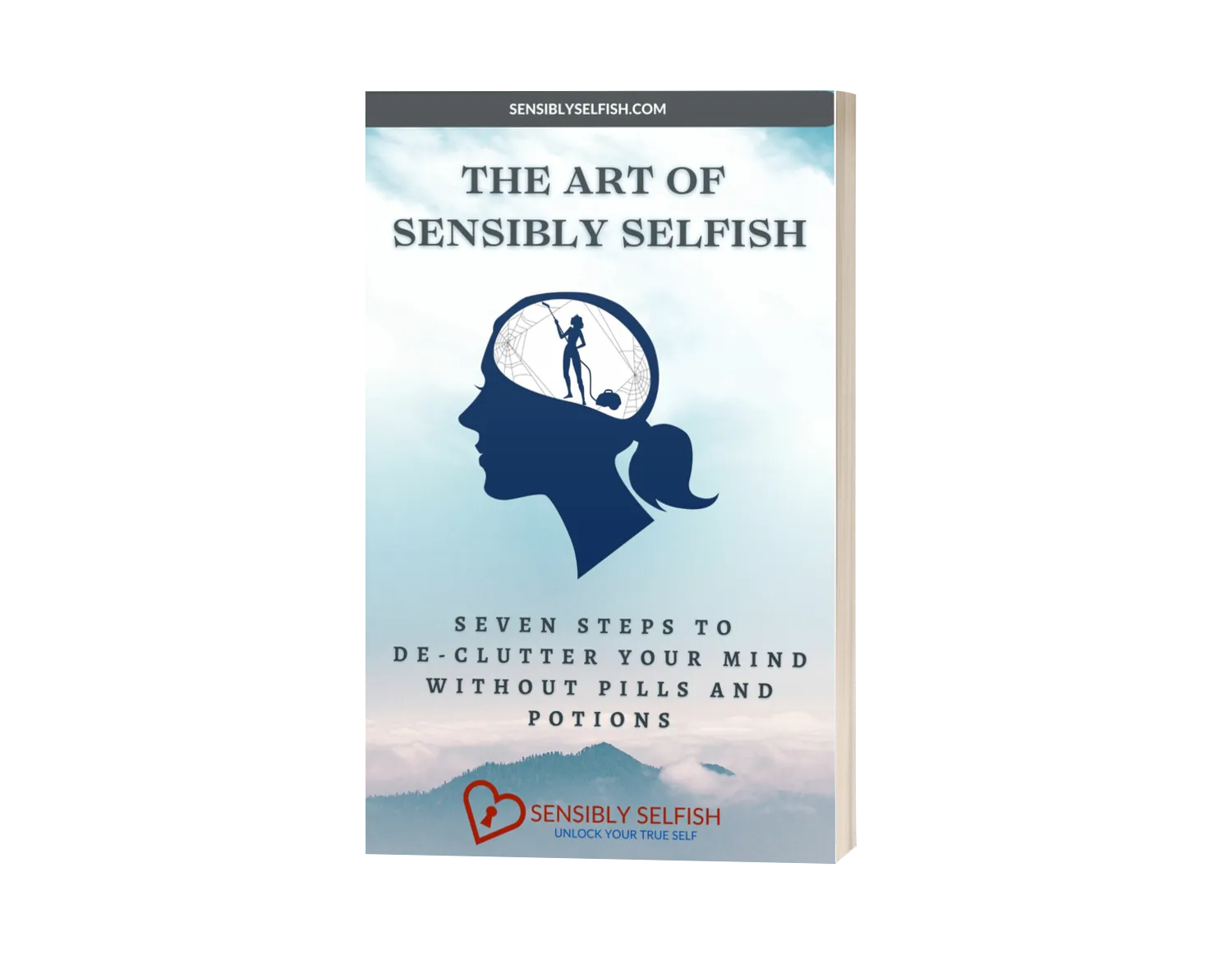Cultivating Self-Awareness
Planting Seeds to Your True Potential

The Life-Long Process Starts Now
Self-awareness is a life-long process, a powerful skill that allows individuals to understand themselves deeply, recognize their emotions, thoughts, and behaviors, and comprehend how these elements influence their interactions with the world around them.
For women over 45, self-awareness becomes even more crucial as time marches on. Awareness brings numerous benefits, such as enhanced life satisfaction, better decision-making, improved relationships, increased confidence, effective communication skills, creativity, happiness, and empathy.
Unfortunately, true self-awareness remains elusive to many, as it requires continuous effort and introspection. In this post, we will delve into the meaning of self-awareness, and its significance, and provide valuable insights on how to cultivate it to unlock your true potential.

Defining Self-Awareness
Awareness, in its simplest form, is the state of being conscious of things. Self-awareness, on the other hand, takes this understanding to a deeper level. It involves knowing and perceiving oneself, both internally and externally, as well as being open to feedback from others.
Individuals who possess a comprehensive understanding of their thoughts, feelings, and actions, and also acknowledge the impact of these aspects on others are said to possess self-awareness. (This website is designed to aid in the holistic process of knowing your True Self check out other posts).
Self-awareness exists on a spectrum. Individuals can possess different levels of self-awareness. People can range from having low self-awareness to moderate self-awareness and, ultimately, to high or true self-awareness. Let's explore these different levels through Jane:
1. Low Self-Awareness Jane:
Jane often reacts impulsively to situations without considering the consequences of her actions. She has limited insight into her thoughts, emotions, behaviors, and how they impact others. She also finds it challenging to understand why she feels a certain way or why she reacts in specific patterns and has difficulty taking ownership of her actions. When receiving feedback, she tends to be defensive and may not take it into account when reflecting on her behavior.
2. Moderate Self-Awareness Jane:
Jane is aware of some of her strengths and weaknesses and can recognize patterns in her behavior. However, she still struggles with blind spots and lacks insight or understanding of the root causes of certain emotional reactions or behaviors. When receiving feedback, she is open to it but may not fully internalize or act upon it.
3. High Self-Awareness Jane:
Jane actively engages in self-reflection and introspection, seeking to understand her motivations, values, and beliefs. She can accurately identify her strengths and areas for growth, and she takes responsibility for her actions. Jane makes informed decisions and manages her emotions and reactions to various situations. When receiving feedback, she carefully considers it and uses it as an opportunity for personal growth.
4. True Self-Awareness Jane:
Jane possesses a deep understanding of herself, including her unconscious aspects of personality and behavior. She accepts both her positive and negative traits without judgment and demonstrates authenticity in her actions. She is in tune with her values and purpose, making decisions that align with her sense of identity and integrity. When receiving feedback, she embraces it with humility and uses it to further enhance her self-awareness and personal development.

It's important to note that self-awareness is a dynamic and continuous process. In his book The Subtle Art of Not Giving a Fuck, Mark Manson compares self-awareness to “peeling an onion, that whatever you’re thinking/feeling, there’s always another layer underneath, and the deeper you go, the more layers you peel back, the more likely you are to spontaneously burst into tears”.
People can move along the spectrum of self-awareness based on life experiences, personal growth, and intentional efforts to develop this skill. Cultivating self-awareness requires ongoing practice, self-reflection, and the willingness to embrace self-discovery with an open mind. As individuals progress towards higher levels of self-awareness, they can enjoy the many benefits that come with a deeper understanding of themselves and their place in the world.

The Importance of Self-Awareness
Developing self-awareness is a transformative journey that can positively impact various areas of life for women over 45. Let's explore some of the key advantages that come with cultivating self-awareness:
Improved Life Satisfaction
Self-aware individuals have a better grasp of their values, goals, and aspirations. This clarity enables them to align their actions with their deeper purpose, leading to increased fulfillment and overall life satisfaction.
Enhanced Decision-Making
Self-awareness allows for unbiased self-reflection, leading to a better understanding of strengths, weaknesses, and preferences. As a result, making informed decisions becomes more effortless and accurate.
Nurturing Better Relationships
Understanding oneself empowers women over 45 to comprehend the needs and emotions of others more effectively. This empathy fosters deeper connections and healthier relationships.

Increased Confidence
Self-aware individuals possess a clear picture of their abilities and limitations. This knowledge bolsters their self-confidence and allows them to approach challenges with a growth mindset.
Effective Communication Skills
Being in touch with one's emotions and thoughts enables women to express themselves more authentically and actively listen to others, fostering improved communication and mutual understanding.
Unleashing Creativity
Self-awareness often leads to a heightened sense of creativity, as individuals are more open to exploring different perspectives and ideas.
Cultivating Happiness
With self-awareness, women over 45 can identify and address sources of unhappiness or discontentment, making it possible to prioritize joy and contentment in their lives.
Enhanced Empathy
Being in tune with one's emotions makes it easier to understand and relate to the experiences and feelings of others, promoting a more compassionate outlook on life.
Reduced Negative Behavior
Self-aware individuals are less likely to engage in dishonest or harmful behaviors, as they understand the consequences of their actions on themselves and others.

Cultivating Self-Awareness
While true self-awareness is a lifelong process, the journey toward it is worth embarking upon. Here are some strategies to cultivate self-awareness:
Mindfulness Practice: Engage in regular mindfulness exercises, such as meditation or deep breathing, to develop awareness of your thoughts and emotions without judgment.
Journaling: Keep a journal to record your daily experiences, feelings, and reflections. Reviewing your entries can provide valuable insights into recurring patterns or triggers.
Seek Feedback: Be open to constructive feedback from trusted friends, family, or mentors. Embrace the opportunity to learn from others' perspectives.
Identify Your Triggers: Pay attention to situations or events that evoke strong emotions, both positive and negative. Understanding your triggers can help you manage reactions more effectively.
Self-Reflection: Dedicate time for self-reflection regularly. Ask yourself probing questions about your goals, values, strengths, and areas for growth.
Emotional Intelligence: Develop emotional intelligence by recognizing and understanding your own emotions and how they influence your behaviors and decisions.
Explore New Perspectives: Engage in activities or conversations with people from diverse backgrounds and opinions to broaden your understanding of the world and yourself.
Practice Empathy: Cultivate empathy by actively listening to others and trying to understand their emotions and experiences.
Embrace Vulnerability: Allow yourself to be vulnerable, as it fosters deeper self-awareness and authentic connections with others.

Unlocking Your True Self
Self-awareness is an invaluable skill that can significantly impact the lives of women over 45. By understanding ourselves at a profound level, we gain insight into our emotions, thoughts, and behaviors, enabling us to make better decisions, build stronger relationships, and lead more fulfilling lives. While the journey toward true self-awareness requires dedication and introspection, the rewards are well worth the effort. Embrace the process, be patient with yourself, and watch as self-awareness unlocks your true potential and enriches your life in countless ways.









